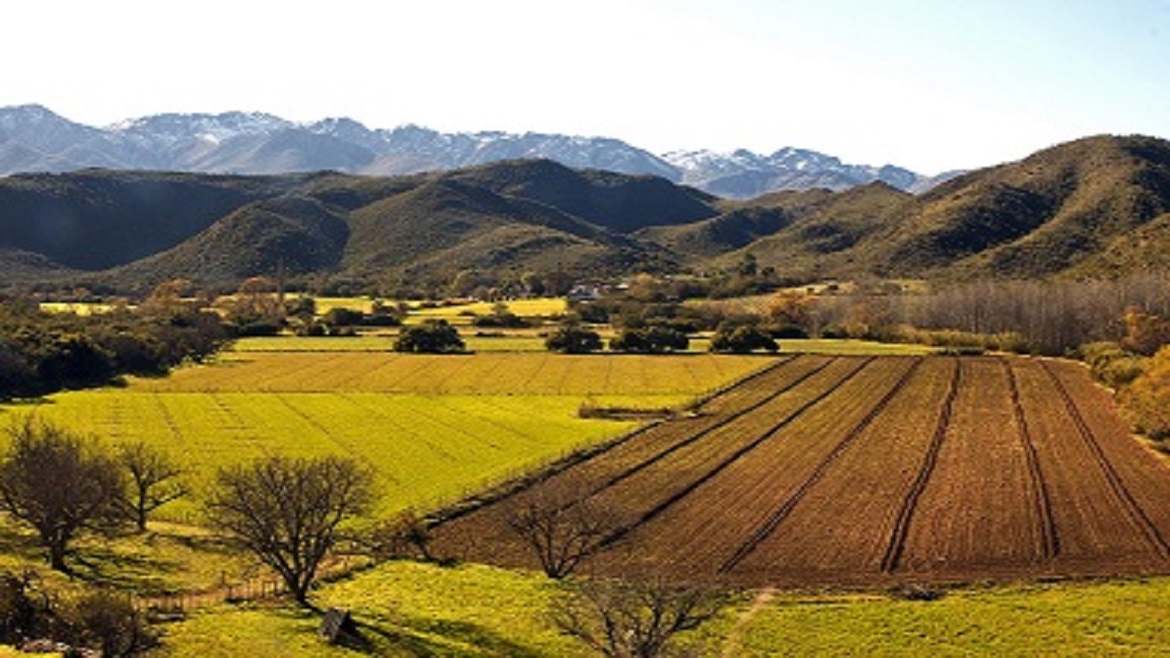12 August 2014 is International Youth Day and, coincidentally, 2014 is the UN’s International Year of Family Farming. This constitutes an opportune time to focus world attention on the central role that family farming plays in eradicating hunger and poverty, and the equally important role that young people play in the establishment of a thriving and sustainable food security system.
Up to 40% of people worldwide work in agriculture and the vast majority of them are family farmers – smallholder or subsistence farmers predominantly producing food to eat themselves, as well as to sell. Collectively, these farmers are responsible for producing over 70% of the world’s food, so they play a central role in food security. And as the world population increases, the reliance on smallholder farming is set to grow.
When it comes to food security, one must think about sustainability not only in terms of the environment but also people – creating the next generation of farmers. Yet the family farm, in developing countries especially, is under threat.
One of the reasons for this is youth migration. More and more young people are attracted away from rural communities into cities by the promise of jobs, better housing and access to hospitals, shops, even entertainment. While a career in the city is commonly embraced as a step forward, life in agriculture is often perceived as a step back. Ever fewer youth work in family-run smallholder farms. The UN forecasts that by 2030, 60% of the global population will live in cities and up to 60% these people will be under the age of 18.
Although young people may believe there’s no future in smallholder farming, quite the opposite is true. Global food demand is set to increase by 60% in 2050 (based on 2005 levels), making effective, efficient and sustainable food production more important than ever. Perhaps the greatest challenge we face, therefore, is educating young people about the opportunities that exist in agriculture and giving them the necessary education skills and tools to make a successful future for themselves. In a nutshell, we need to make youth and agriculture a priority as a part of tackling food security.
To be successful, farming must also be as science-based and technology-focused as work in the city. Even in remote regions, many families now own a mobile phone. Mobile delivery of agricultural information to farmers – often using voice messages – can help smallholders grow better crops to feed their families or to sell, for example.
The key is to reach people when they are young, well before they leave their rural communities, and help create a sustainable cycle of food production for generations to come. Farming will not be sustainable if the next generation does not want to do it. To feed nine billion people in 2050, we have to adopt a long-term approach and ask ourselves how to attract young people into a profession that they may consider outdated and unprofitable, starting with the family farm. To ignore this issue is to ignore a hugely important aspect of food security.




